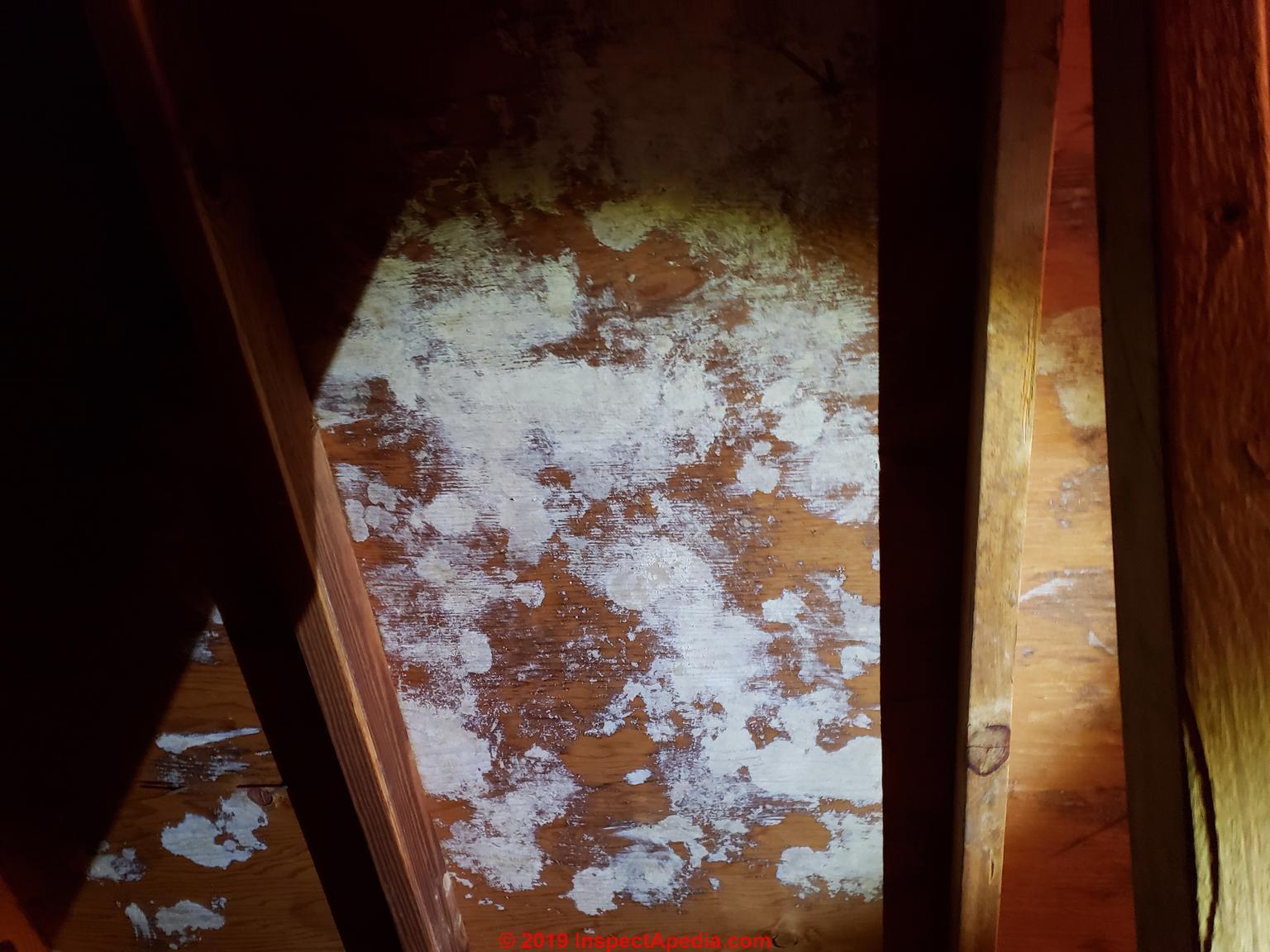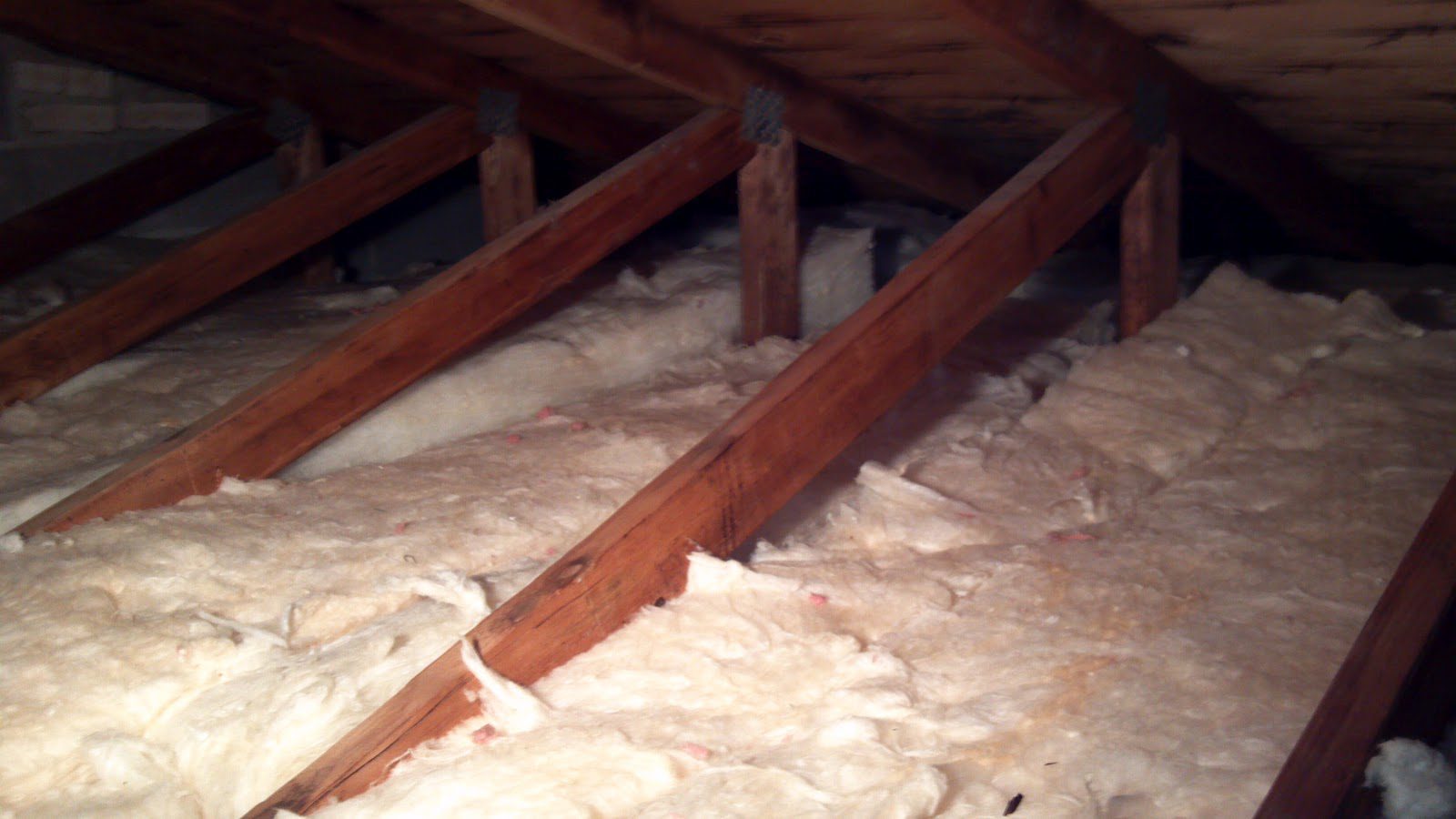My hesitancy there is that this big cloud of dust doesn t dissipate like a fog and the powder settles on top of everything it touches.
I have this brown powder dust in attic.
Buy air filters with a higher merv rating.
Vermiculite insulation has a pebble like appearance and typically is a grayish brown or silvery gold color.
If it seems like your filters never get dirty or you only change them once in a blue moon chances are they re not catching the dust in your air.
I have had an asbestos survey done with no asbestos found in the powder.
Typical fiberglass filters are rated 1 4.
I have some white powder in my attic but nowhere near 4 deep and only in a few places.
Call an asbestos certified professional for assistance.
Before i go further there are power dusters and you could treat an entire attic much the same as with a fog machine.
I found this light weight cellulose insulation material in a over 70 years old attic which contains some short fibers.
It is made from a natural mineral material that is mined from the earth.
It only shows up near areas of stucco damage on the exterior walls so i think it s from the old stucco perhaps a bad mixture here and there.
It is spread out on the floor of the attic approximately seeral inches.
There is a layer of brown paper under it and the powder is about 2 thick.
Do not disturb vermiculite insulation.
Vermiculite loose fill insulation is one of the most common household materials that contains asbestos.
The higher the merv rating the smaller particles it can catch.
The white stuffs turned to white ash after a fire test.
The environmental protection agency provides ways to identify vermiculite on its website generally a pebble like material typically gray brown or silver in color.
When we were removing the lath and plaster we found a white very fine powder insulation in the attic and sloped cielings.
There s also some fine white powder that blew in during the sandblasting.
Attic is in a multifamily housing unit built circa 1994.









